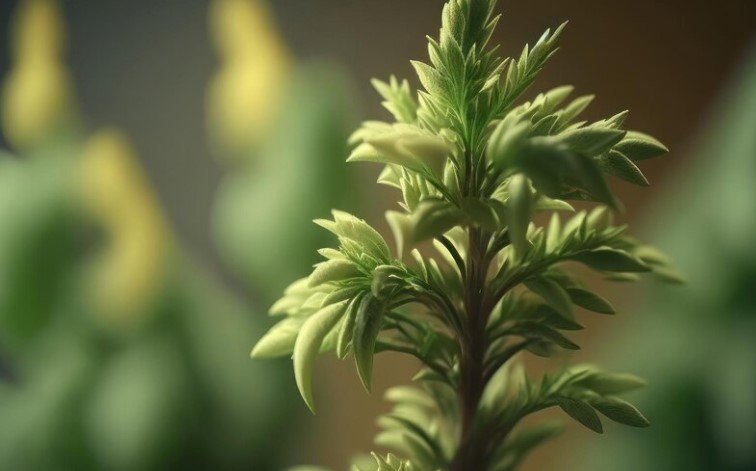On Wednesday, February 14, 2024, four cannabis dispensaries operating on K’ómoks First Nation land were raided by the Community Safety Unit (CSU), a provincial agency responsible for enforcing the Cannabis Control and Licensing Act (CCLA). The CSU was accompanied by the Comox Valley RCMP, who said they were there to “keep the peace.”.

CSU claims authority over First Nations’ land
The CSU has been conducting compliance and enforcement activities against unlicensed cannabis retailers and other illegal sellers across the province since 2018. According to the B.C. government website, the CCLA is a law of general application that applies to all of B.C., including on lands governed by First Nations. However, this interpretation has been challenged by some First Nations who assert their sovereignty and jurisdiction over their own lands and resources.
The CSU has previously conducted nine enforcement actions on First Nations reserves in the province, seizing about $12 million worth of products. The CSU has also issued at least 58 notices of administrative monetary penalties, with proposed penalties totaling approximately $39.9 million, with only about $1.45 million of these penalties already collected.
K’ómoks First Nation cannabis stores resist raids
The four cannabis stores that were raided on Wednesday were the Cedar Bark Dispensary, The Buddery House, the 3420 Dispensary, and The Butterfly Effect. All of them are located on K’ómoks First Nation territory, which is unceded and never surrendered to the Crown.
The owners and staff of the cannabis stores said they were not given any warning or warrant for the raids and that CSU hired a locksmith to pick up their locks. They also said they did not receive any explanation or documentation for the seizures of their products.
Cameron Francis, the owner of the Cedar Bark Dispensary, told Global News that the CSU had no right to be on their land. “This is unceded land; we never surrendered this land, so they have no right to be here. This is out of their jurisdiction,” he said. He also said that the raids were a form of harassment and intimidation and that they would not stop them from operating their businesses.
First Nations seek self-regulation of the cannabis industry
The raids on K’ómoks First Nation cannabis stores are part of a larger conflict between the provincial and federal governments and some First Nations who want to self-regulate their cannabis industry. Many First Nations see cannabis as an opportunity for economic development, health and wellness, and cultural expression.
Some First Nations have already established their cannabis laws and regulations, such as the Williams Lake First Nation, which opened the first farm-gate cannabis store in Canada in 2020. Others have formed alliances and associations to advocate for their rights and interests, such as the BC First Nations Cannabis Association and the National Indigenous Medical Cannabis Association.
Rob Laurie, a lawyer who represents the Buddery House, said that the CSU raids were a violation of the United Nations Declaration on the Rights of Indigenous Peoples, which recognizes the right of Indigenous peoples to self-determination and self-government. He also said that the raids were counterproductive and harmful to the reconciliation process. “Is this the biggest issue the government should be dealing with, all things considered?” he asked.
